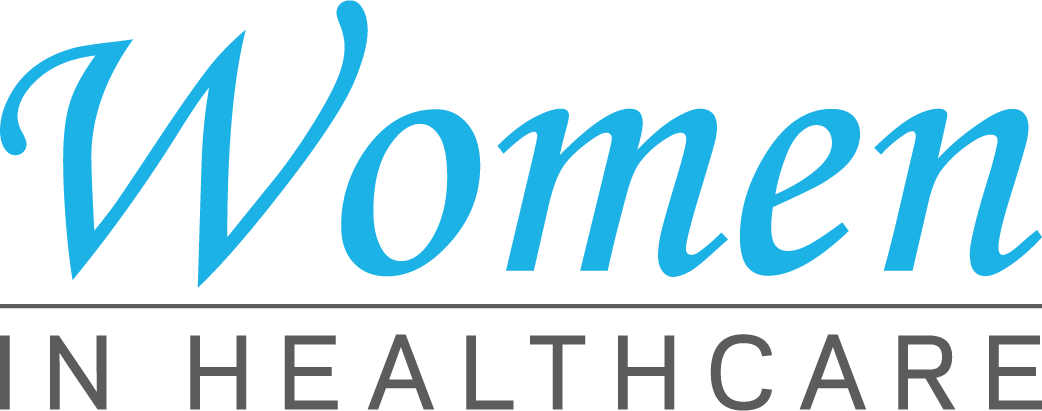Why Healthcare RCM is Crucial for Financial Wellness in Medical Practices
Why Healthcare RCM is Crucial for Financial Wellness in Medical Practices
Blog Article
Comprehending the Duty of Medical Care RCM in Enhancing Economic Performance and Person Complete Satisfaction
Browsing the ins and outs of Medical care Earnings Cycle Monitoring (RCM) is essential for accomplishing optimum monetary performance while concurrently raising patient satisfaction. As we discover the transformative possibility of RCM, questions concerning its critical application and future developments bid, promising insights that could redefine market criteria and person experiences alike.

Secret Components of RCM
In the complex landscape of medical care, Revenue Cycle Management (RCM) is critical in making certain economic security and functional effectiveness. A detailed RCM system incorporates a number of vital components, each playing an important function in the smooth monitoring of a health care supplier's financial procedures. Individual enrollment and eligibility verification are fundamental steps, making sure that accurate client details is captured and insurance policy protection is validated prior to services are provided. This minimizes the risk of case rejections and speeds up the compensation process.

Fee capture is another vital component, involving the precise recording of services supplied to patients. It makes certain that all billable services are accounted for, consequently optimizing earnings capacity. Simultaneously, medical coding translates patient encounters into standardized codes, which are critical for payment and regulative conformity.
Cases submission and management adhere to, involving the preparation and entry of cases to payers. This process requires careful interest to detail to decrease mistakes and avoid hold-ups. Denial administration is a proactive strategy to deal with and attend to refuted claims, guarding profits streams.
Last but not least, payment posting and patient collections complete the cycle, making sure settlements are properly taped and outstanding balances are gone after. With each other, these parts form a durable structure that sustains the financial and functional health and wellness of healthcare companies.
Effect On Financial Efficiency
Effective Revenue Cycle Management (RCM) substantially affects a healthcare organization's financial efficiency by optimizing capital and minimizing profits leak. RCM incorporates the thorough payment and collection processes that ensure health care companies effectively manage their monetary purchases from client registration to last repayment. By enhancing these procedures, organizations can reduce refuted cases, quicken payment cycles, and enhance general monetary health.
Monetary efficiency is boosted through thorough monitoring of billing procedures, which involves accurate coding and timely submission of claims. This minimizes the chance of insurance claim rejections and denials, which can significantly hinder earnings circulation if not addressed quickly. Additionally, incorporating sophisticated modern technology services assists in real-time tracking of insurance claims and financial metrics, providing health care administrators with the tools essential to make educated tactical choices.

Enhancing Individual Complete Satisfaction
While enhancing financial performance is a crucial objective of Revenue Cycle Management (RCM), it additionally plays a pivotal function in boosting client satisfaction. Clients today demand openness, performance, and precision in their health care interactions. RCM systems streamline these procedures, offering people a seamless experience from appointment scheduling to settlement. By lowering management worries, RCM allows health care suppliers to focus much more on person care, which directly improves patient fulfillment.

RCM likewise enhances individual fulfillment through efficient interaction. By preserving a detailed database of individual info, RCM assists in boosted interaction between patients and healthcare companies, making certain individuals feel notified and valued.
Techniques for Reliable RCM
Attaining effective Revenue Cycle Administration (RCM) needs health care organizations to carry out a collection of strategic techniques that ensure financial stability and operational performance. One critical technique is the fostering of technology-driven options, such as incorporated software application systems that streamline invoicing processes, decrease errors, and improve information precision. These systems allow real-time tracking of economic metrics, permitting prompt recognition and rectification of inadequacies.
One more approach is the standardization of procedures across the profits cycle. Healthcare RCM. This entails establishing consistent policies for client enrollment, insurance policy verification, and asserts handling. By making certain that all team abide by these standards, organizations can accelerate and reduce inconsistencies settlement collections
Personnel training and development likewise play a pivotal function in reliable RCM. Trained personnel can successfully browse complicated invoicing treatments and policies, minimizing rejections and boosting capital. Regular updates on plan adjustments and ideal methods assist preserve a proficient and well-informed workforce.
Future Trends in RCM
As health care organizations improve their Revenue Cycle Administration (RCM) methods with innovation and standard procedures, interest is currently transforming towards the future fads forming this essential location. One substantial pattern is the assimilation of expert system (AI) and artificial intelligence to automate complex jobs, such as insurance claims processing and predictive analytics. These modern technologies are expected to lower errors, speed up purchase times, and give data-driven insights for better decision-making.
Furthermore, the shift in the direction of value-based treatment remains to influence RCM practices - Healthcare RCM. Doctor are expected to increasingly concentrate on patient outcomes and fulfillment, requiring RCM systems that can fit brand-new reimbursement versions. This shift will certainly require even more comprehensive information collection and analysis to properly determine and report on efficiency metrics
Interoperability is one more arising priority, as smooth information exchange in between inconsonant systems ends up being crucial. Improved interoperability will promote even more exact person information sharing, lowering administrative problems and enhancing the individual experience.
Conclusion
Healthcare Earnings Cycle Monitoring (RCM) significantly affects both financial efficiency and individual satisfaction by maximizing invoicing processes, making sure precise coding, and making it possible for punctual insurance claims entry. Reliable RCM lessens browse around here income leakage and increases cash circulation, minimizing case denials and quickening settlements.
Browsing the complexities of Health care Profits Cycle Administration (RCM) is important for accomplishing optimal financial performance while simultaneously elevating individual satisfaction. RCM includes the comprehensive billing and collection procedures that ensure healthcare companies effectively handle their monetary transactions from client enrollment to final settlement. By reducing management worries, RCM enables health care companies to focus more on patient treatment, which straight enhances individual fulfillment.
By preserving an extensive data source of person information, RCM assists in improved interaction between people and healthcare providers, making sure individuals feel find this educated and valued.Health Care Profits Cycle Management (RCM) substantially influences both economic efficiency and patient complete satisfaction by optimizing payment processes, making sure precise coding, and enabling punctual insurance claims submission.
Report this page